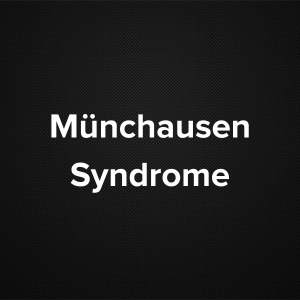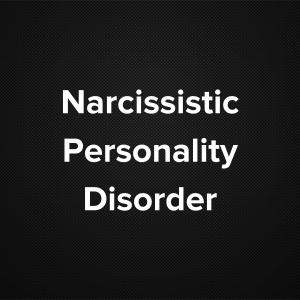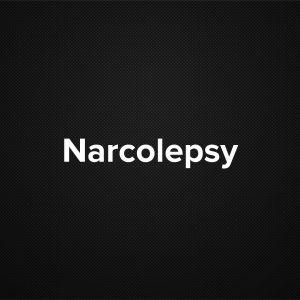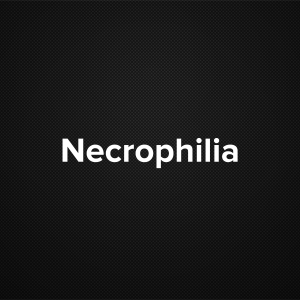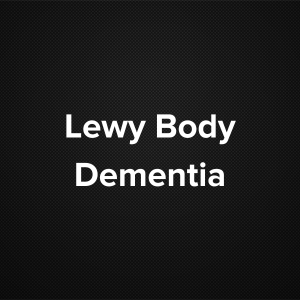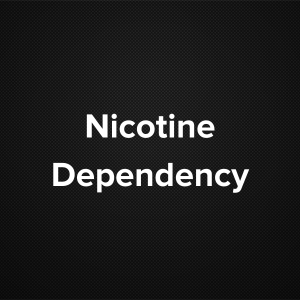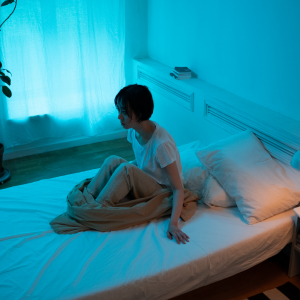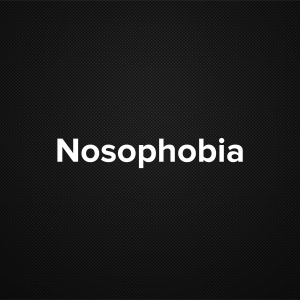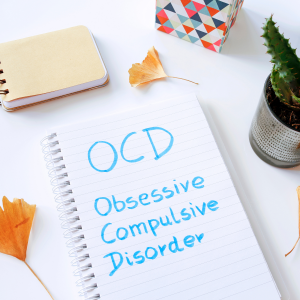Causes and risk factors:
The exact cause of any mental illness is still not clear. However there are varieties of factors that contribute. Various events in life like death of loved ones, disappointment in love, sexual abuse, foster care, failure in career etc ,use of certain medications ,Hormonal changes and neurotransmitter imbalance contribute to the causation. Genetic factors also plays a major role. Increase addiction to alcohol or other substance abuse in the present era along with increasing stress results can lead to mental disturbances.
Clinical presentations:
A person suffering from any of the mental diseases can present with a variety of changes. There persists a feeling of sadness, irritability and lack of pleasure and confusion in thinking. Nothing pleases him. Hopelessness is seen. The reaction to emotions is excess. Social isolation is seen. Small arguments or contradiction evokes anger. Lack of attention, impulsiveness is seen. The person can tend to become more violent. Extreme changes in mood, mood swings can be seen. Various kinds of delusion, illusions or hallucinations are complained by the patient. The lack the ability to cope up with the stress and denial of obvious problems is seen; as a result manifestation at the physical level occurs. The person suffers from various unexplained complaints. At the physical level the energy is down, the person is drowsy. There occurs change in the eating habits, sleep along with affection of the sexual life. These people become more prone for developing diseases. Not only the work efficiency decreases but the interpersonal relations are also hampered. In children the studies and playing activities is hampered. They through tantrums and tend to remain isolated. Disobedience is seen. Prolong negative moods, addictions to various substances or alcohol, indulgence in ill legal acts and suicidal thoughts prevails.
Diagnosis and investigations:
Diagnosis can be made on the basis of the symptoms narrated by the patients and on the basis of complete psychiatric evaluation. Reviewing of the history is the most essential step. All the details are obtained from the family and friends. Close observation in such cases is essential. Investigations can be advised in cases where the doctor suspects any pathology.
Treatment:
Prescribing anti psychotic, anti depressive, Mood stabilizing drugs or tranquiller is the first lines of treatment in such cases. Deaddiction treatment is started. Psychotherapy plays a major role in this. It comprises of counseling and interpersonal therapy. Cognitive behavioral therapy has found to be effective in such cases. In rare cases electroconvulsive therapy and Trans cranial magnetic stimulation is needed. Support and care by family and friends will help the patient to cope up with the complaints. Indulgence in positive recreational activity, meditation care effective.
Other Modes of treatment
The other modes of treatment can also be effective in treating various mental disorders. Homoeopathy is a science which deals with individualization considers a person in a holistic way. This science can be helpful in combating the symptoms.
Recent update:
As per an article posted on medindia, a new study has revealed that twitter posts can help gather important data regarding mental illness among people.

